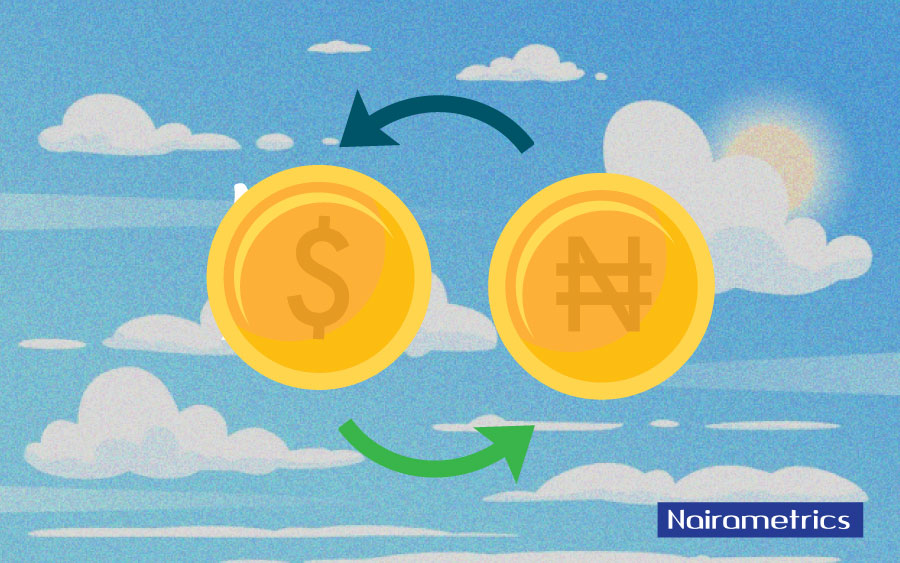The Central Bank of Nigeria (CBN) Governor Godwin Emefiele recently mentioned that the “parallel market”, otherwise known as the black market is “only 5% of the total foreign exchange market, it is shallow and cannot be used to determine the true exchange value for the naira.”
This is also not the first time the CBN Governor has attacked the black market. In Abuja, he infamously ‘cut down the trees’ that gave the currency exchangers shade from the sun, to convert dollar cash to Naira. On May 18th, 2018, the CBN Governor also told investors “don’t go to the black market, because you will lose money by buying at a price that is not realistic.”
The CBN’s argument is simple, you cannot use the price discovery on a small market to determine the market price on a larger market. Respectfully, the CBN Governor is wrong.
The black market is small but the market price of exchanging $1 to N480 reflects the demand from all buyers, in contrast with the CBN official rate of N380 at NAFEX, which does not include the item not eligible for CBN forex.
The CBN has maintained an updated list of imports that cannot access the said NAFEX window including, Rice, Cement, Poultry, Meat, Iron rods, Cocoa butter, powder and cakes, amongst others.
Hence, the CBN bans these importers from accessing forex from NAFEX, essentially calling the market rates “unrealistic”, then the CBN asks importers of staple food like rice to go to the same “unrealistic” market, that according to the CBN Governor “is a tainted market, where people who desire to deal in an illegal exchange of transactions deal.”
How is the price of a commodity or asset determined?
John Locke, a famous philosopher is credited with the first serious description of demand and supply and how it affects prices. In his 1691 letter to the English Parliament, titled: “Some Considerations on the Consequences of the Lowering of Interest and the Raising of the Value of Money,” he said the price of any commodity rises or falls by the proportion of the number of buyers and sellers.
He said, “that which regulates the price of goods of assets is nothing else but their quantity in proportion to their demand.”
He further said, the demand for money is exclusively regulated by its quantity, regardless of whether the demand for money is unlimited or constant. For supply, he explains the value of goods as based on their scarcity and ability to be exchanged and consumed.
Johns Locke’s theories were the basis of Adam Smith’s book “Wealth of Nations“, in which he laid out the principles of demand and supply. Those theories now form the basis of economics and trade.
In economics, demand and supply intersect and the price is discovered. If there is more demand but supply is constant, price rises; if supply is more, but demand is constant, then price falls.
In effect, if the supply of dollars from the CBN meets or exceeds the demand for Naira by importers, then the dollar exchange rate weakens in favour of the Naira.
For the CBN exchange rate to reflect the true value of the naira, it must be an inclusive market where all buyers and sellers of foreign exchange can meet and agree on a price.
The CBN is worried about pass-through inflation, that if rice is imported using the market-determined exchange rate, the importers will simply pass through that exchange rate to local consumers; thus, triggering a rise in prices driven by the exchange rate.
The problem is that it is already happening, food price has been rising based on the data from the Nigerian Bureau of Statistics, caused by higher imported food cost and lower local supply due to banditry in parts of the North East, and has risen from 14.85 in January to 17.38 in October 2020.
The price to exchange one US Dollar to the Nigerian Naira can only be discovered in a free, fair, and transparent market, open to all with the “invisible hand” acting as regulator, no other way.
Follow Kalu Aja on Twitter: @FinPlanKaluAja1
Also check out: https://feeds.captivate.fm/the-way-i-see-it/













